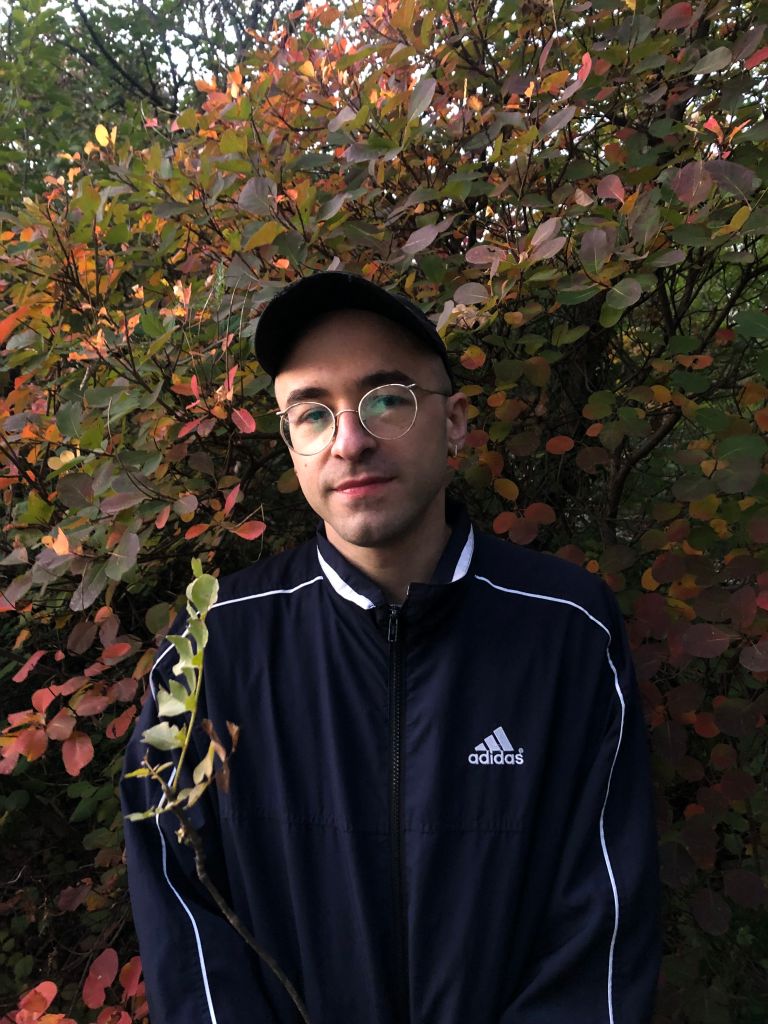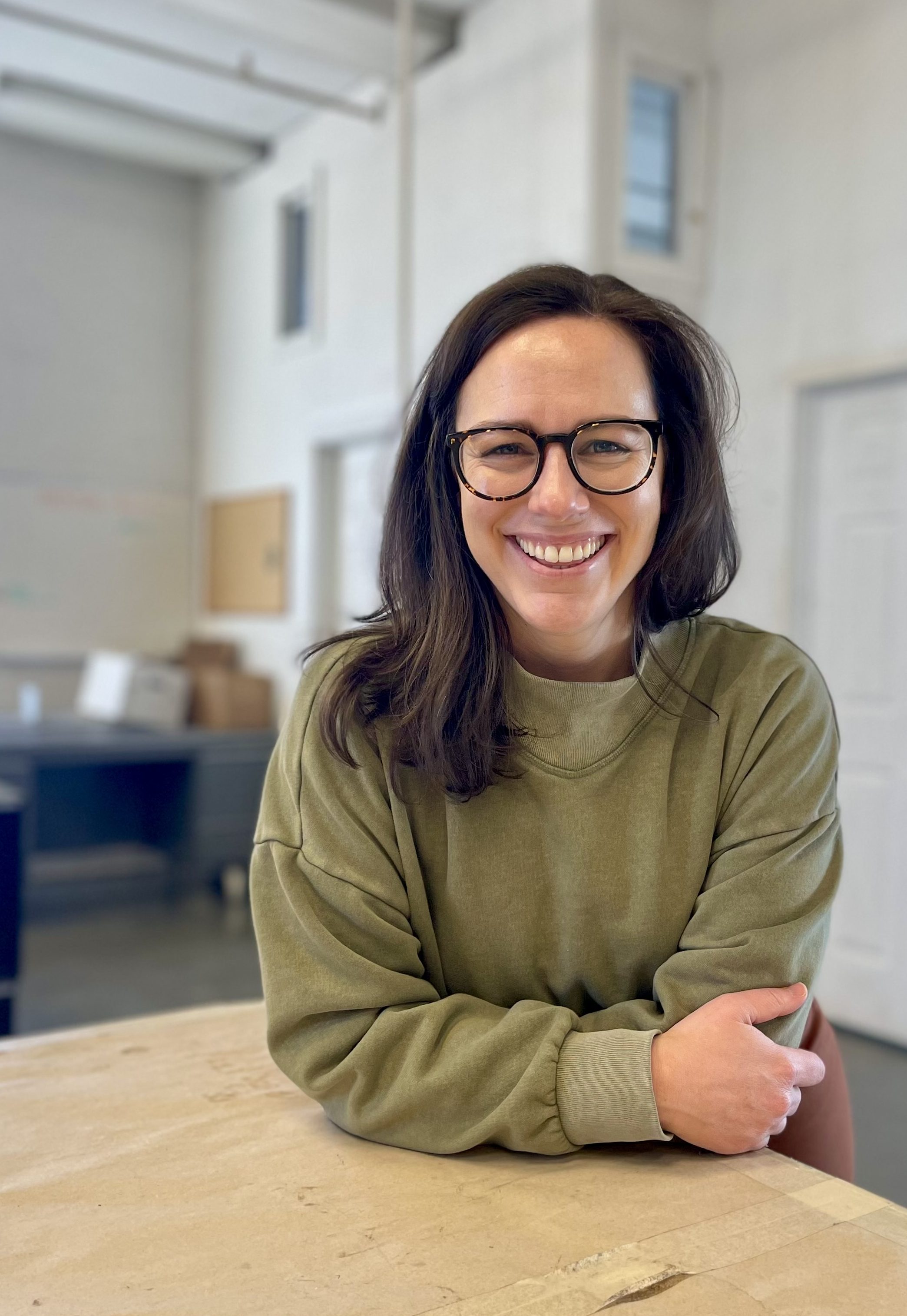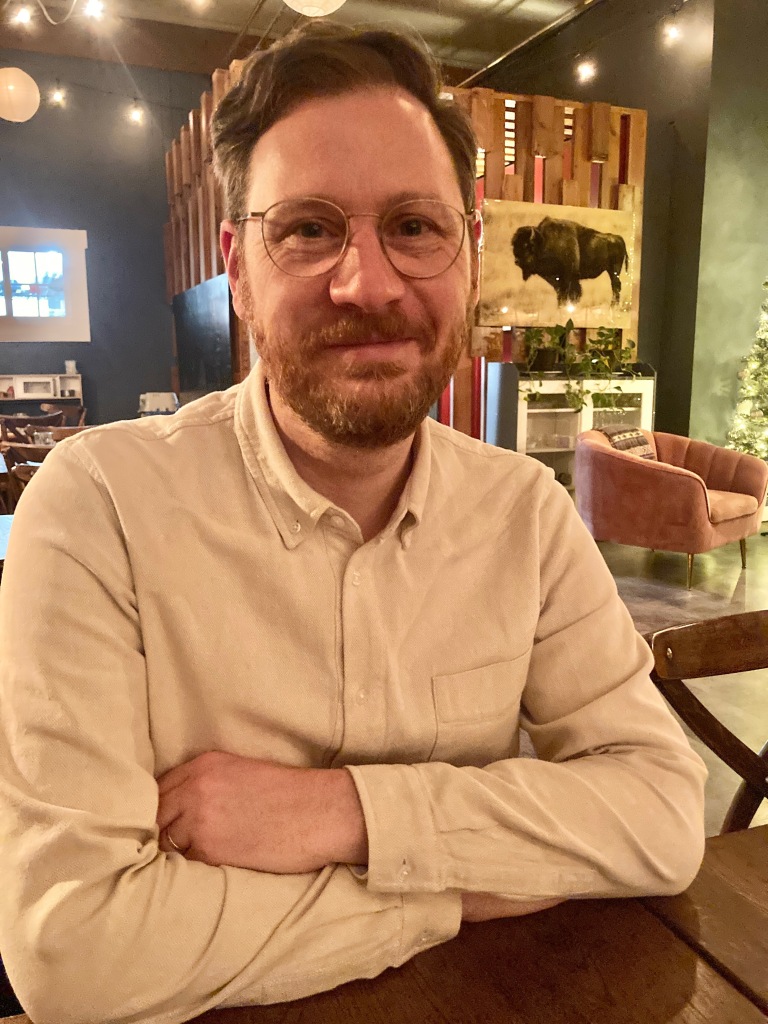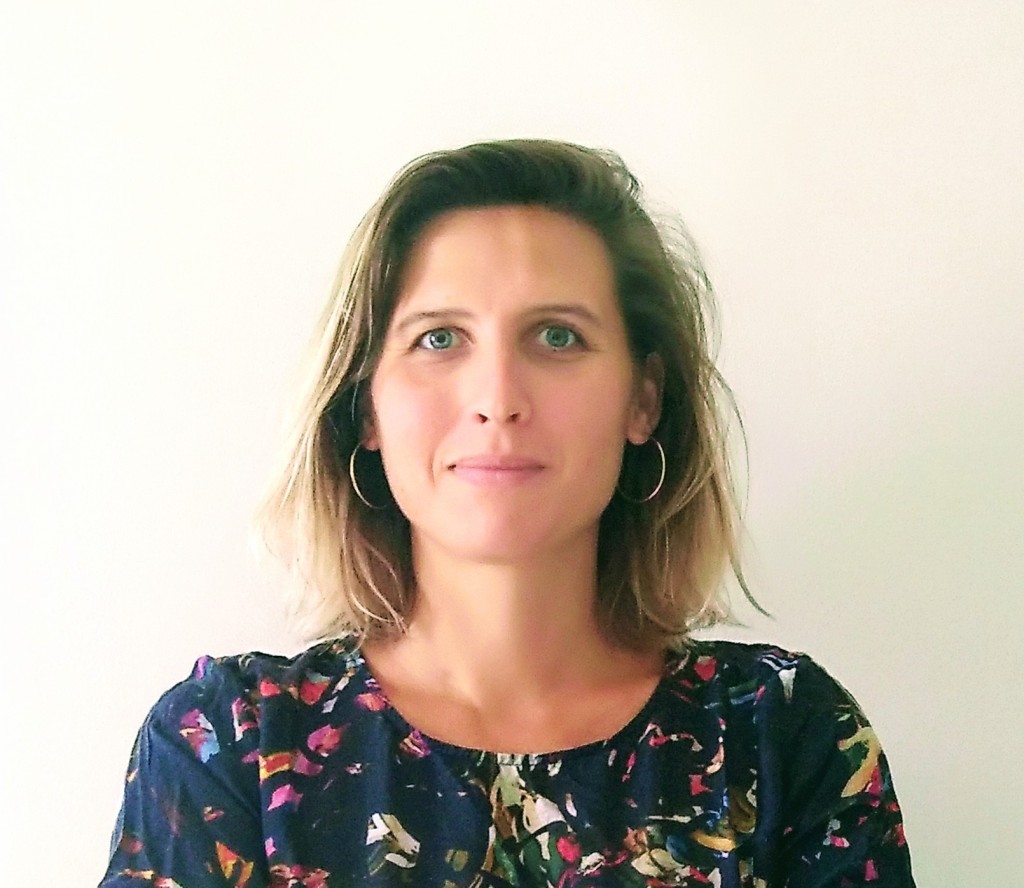The next few months we’ll be highlighting authors who have published in Culture, Medicine, and Psychiatry.
Galia Plotkin-Amrami is a Senior Lecturer (Assistant Professor) in the School of Education, University of Ben-Gurion in the Negev, Israel. Her academic track began with training in anthropology and school counseling and evolved into historical anthropological research on therapeutic discourse during her PhD and several years thereafter. Galia’s more recent research focuses on the medicalization of childhood, parental subjectivity, and stigma in relation to neurodevelopmental disorders and atypical gender performance.
What is your article “Sensitive Child, Disturbed Kid: Stigma, Medicalization, and the Interpretive Work of Israeli Mothers of Children with ADHDs” about?
The article focuses on Israeli mothers of children with ADHD. We explored how mothers understand the category of ADHD, their children’s experiences, and their own role over the course of their children’s lives. Our analysis of mothers’ narratives revealed they did not experience the formal diagnosis as an endpoint that settled the understanding of the child’s condition. Rather, they continued to revisit their perceptions of ADHD and their own responsibilities. As an invisible, yet socially disturbing disability, the diagnosis of ADHD does not bring relief from blame. We discuss some features of the Israeli cultural portrait of the child with ADHD that differ from aspects of the ADHD life experience that are emphasized in ethnographies in North American families. We show that emotional vulnerability and risk of social isolation of the child reflect cultural notions of Israeli childhood and shape Israeli mothers’ experiences and decisions related to the child.
Tell us a little bit about yourself and your research interests.
For several years, my main research interest was mental health knowledge and practices in the areas of immigration, trauma treatment, and resilience education. I explored the interrelations between professional knowledge, national ethos, religious narratives, and ethics in the Israeli cultural and political context.
I have begun exploring a different topic—the medicalization of childhood. My recent project focuses on how parents and teachers understand and apply the ADHD category within the school and family context in Israel. In addition, I conduct research with colleges on homeroom teachers’ roles and perceptions of mainstreaming students with emotional-behavioral difficulties within the regular school setting.
Another research project focuses on the parenting of transgender and gender-variant children. It examines how children’s atypical gender performance and gender transition are navigated in the family and school arenas within different educational settings in Israel: Jewish state (secular) schools, Jewish state-religious schools, and independent schools.
What drew you to this project?
The idea of this project emerged from my teaching. My general interest in diagnostic categories and “making up people” led me to teach on the subject. Based on discussions with my students and the understanding that there is no anthropological-historical research in Israel, a highly medicalized society, on medicalization of childhood, I thought it would be appropriate to study the topic. The project focuses on the knowledge and practices of mothers of children with ADHD and teachers who meet such children in the school arena, but I intend to continue to study medicalization, this time by exploring the epistemic culture of the experts involved in diagnosing and treating the disorder among children in Israel. My previous projects on professional discourses in the field of trauma or immigration showed the importance of an anthropological examination of processes of knowledge–generation on mental phenomena. After studying the narratives of mothers and teachers, I see great value in research on medicalization at different levels, macro and micro, institutional and interactive, through the knowledge of formal experts and the expertise of laypeople. Ultimately, the role of mothers or teachers is critical in medicalization processes and, more generally, in the way we understand the concept of disability, norm, and pathology and perceive personal and social responsibility. I hope to continue this research in order to produce additional insights into the uniqueness of the globalized tendency of medicalization in a local context.
What was one of the most interesting findings?
One of the interesting findings for me was the variety of the effects of diagnoses and biomedical explanations on people’s lives and subjectivity and how important it is to pay attention to the narrative, institutional, and moral effects of the diagnosis. For the mothers in our study, the diagnosis of ADHD allowed them to achieve very different goals and was translated into very different decisions, moral experiences, and practices. In addition, we saw the extent to which local perceptions of childhood, well-being, and normative functioning shaped mothers’ decisions to diagnose their children and influenced their interactions with professionals and educators.
What are you reading, listening to, and/or watching right now?
I’ve been listening to a local podcast “On Life and Death.” This podcast is built on an Israeli journalist’s in-depth interviews with people of different ages, mostly writers or those who write, about their experiences of loss at different stages of their lives, their insights around grieving, commemoration, and life, and their moral significance. I began to listen this podcast after a loss in my personal life. I find it sensitive, humane, wise, and entertaining.
I am also listening to an audio book by Svetlana Alexievich, Secondhand Time: The Last of the Soviets. I was born in the Former Soviet Union and left a few years after Perestroyka. I find this to be a fascinating chronicle about how everyday Russian citizens recount their past: what life was like during the fall of the Soviet Union and what it was like to live in the new, post-Soviet Russia.
If there was one takeaway or action point you hope people will get from your work, what would it be?
In the uncertain spaces of controversial diagnostic categories, such as ADHD, there is a need to respect and take into account mothers’ daily experiences and knowledge to create and maintain an inclusive environment for “troubled” children, on the one hand, and to challenge common cultural expectations from mothers, on the other.
Other places to connect:
Website










